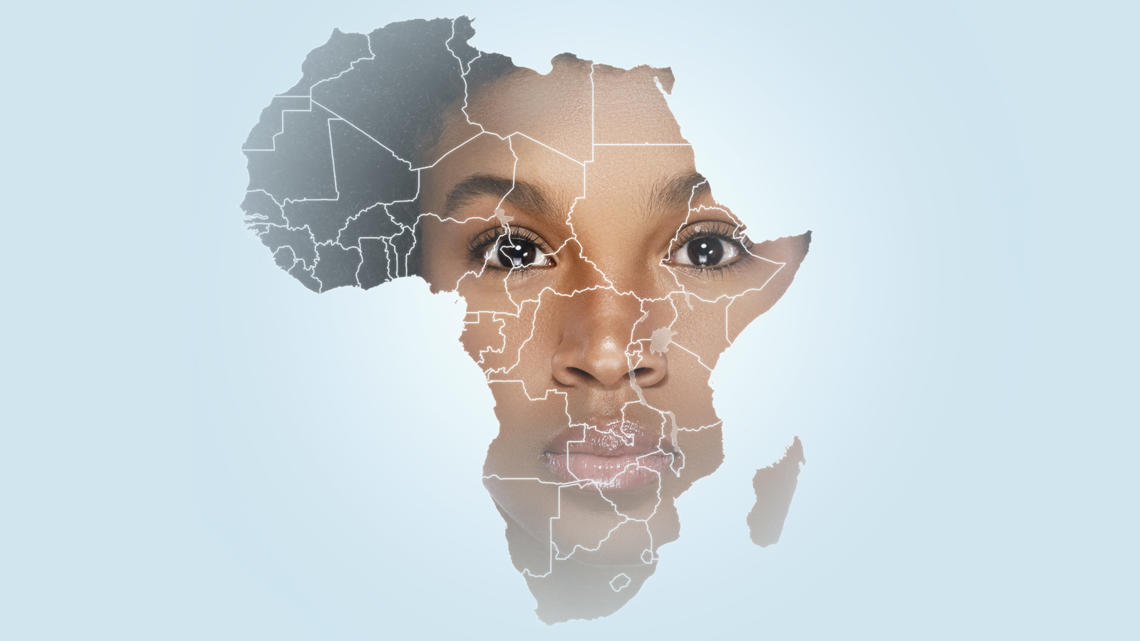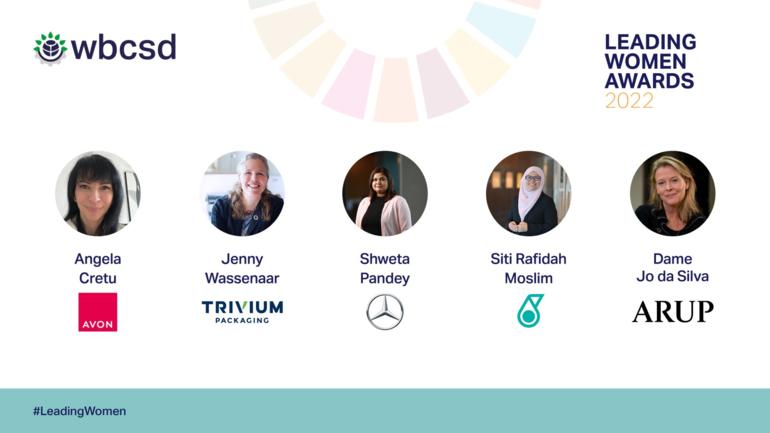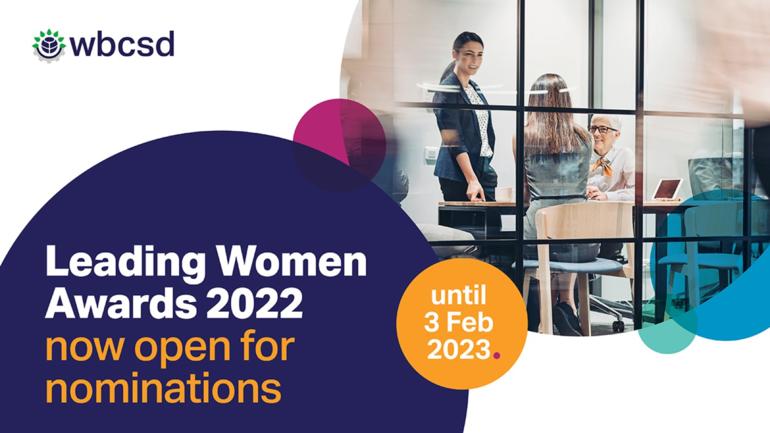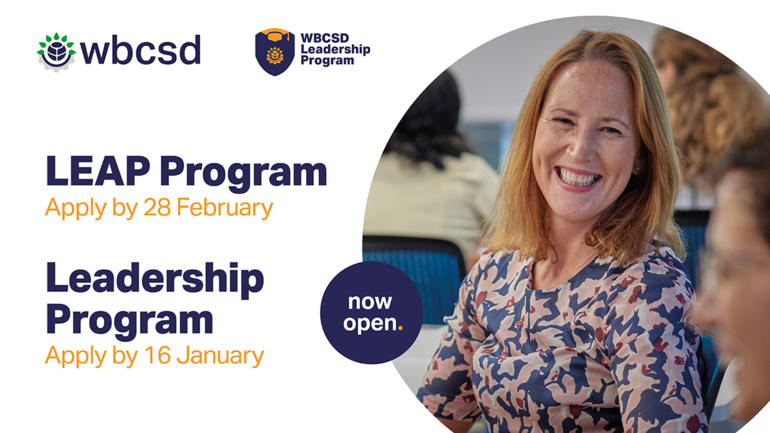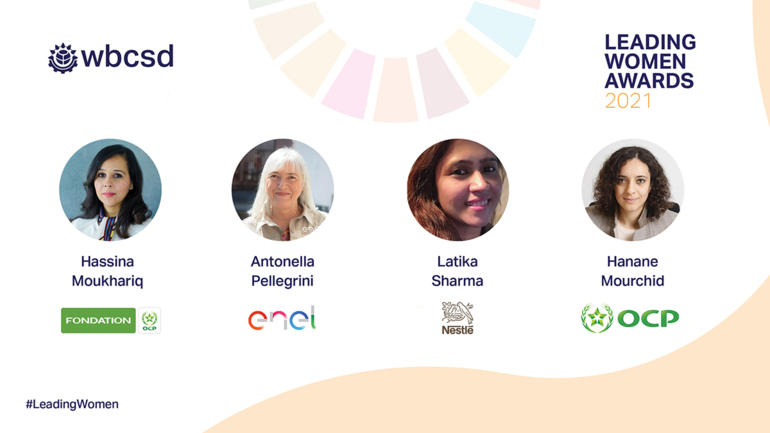The continent of Africa is emerging on the international stage as a diverse center of growth, home to some of the world’s fastest-growing economies, and with an increasingly youthful population. As COVID-19 threatens to derail this considerable progress, it’s time for the continent to unleash its greatest untapped power—its women. And that is the aim of the Amujae Initiative launched by Ellen Johnson Sirleaf, former President of Liberia.
The economic case for advancing gender parity on the continent is clear. Women account for more than 50 percent of the continent’s population, but in 2018 generated only 22 percent of its collective GDP. Only a fraction of Africa’s girls is progressing to tertiary education, meaning our human capital is vastly under-utilized. As it stands, we are heading into a prolonged economic recovery with one hand tied behind our backs.
To harness the full potential of Africa’s women, we must have better representation in the halls of power.
Although women’s political representation has significantly increased in recent decades, there is still a long way to go. Currently, fewer than one in four members of parliament in Africa are women; the proportion of women serving in cabinets is even less. This is a tragic missed opportunity and one that could cost the continent and our people dearly if we don’t act with a sense of urgency to address this imbalance.
It is in this context that the Ellen Johnson Sirleaf Presidential Center for Women and Development (EJS Center) was launched earlier this year, on the cusp of COVID-19’s arrival in Africa. Founded by the first democratically elected woman president on the continent, the aim of the EJS Center is to act as a catalyst for positive change by focusing on increasing the representation of women in top public leadership roles in Africa.
When we launched on International Women’s Day, March 8, 2020, we also kicked off our flagship program, the Amujae Initiative. Amujae, pronounced ӓ mōō jāēē, means ‘we are going up’ in Kru, a Liberian language. In the months since our launch, this phrase has served as a rallying cry for the first cohort of women leaders participating in the program—capturing their ambitions not only for their professional careers but for the future of our continent.
The 15 women who make up the inaugural cohort of Amujae Leaders represent 11 countries and four regions across the continent. With backgrounds in law, government, business, education, medicine, and activism, their achievements are as varied as their origins, but they all have a common purpose: To serve their countries and lift up African women and girls.
These women already have impressive track records of achievements in public life; they include members of parliament, current and former members of cabinet, and a mayor who has been recognized globally for her leadership on sustainable development. Against significant odds, they have already built careers that for many would fulfill lifetime ambitions. But they are all driven to deliver even greater impact for their countries and for the continent.
Our role through the Amujae Initiative is to help them do just that.
We are creating a network of accomplished women across Africa, facilitating an open and honest exchange of ideas and creating opportunities for them to develop new skills. And we are connecting them with women leaders who have come before them—leaders such as Madam Sirleaf, former President of Malawi Joyce Banda, former President of the Central African Republic Catherine Samba-Panza, former Minister of Finance of Nigeria Dr. Ngozi Okonjo-Iweala, and others whose wisdom and experience can help them to overcome the hurdles and challenges that still lie ahead.
But these women are not just looking up, they are also looking back—extending a hand to the next generation of women leaders coming up behind them.
As President of Ethiopia Sahle-Work Zewde said in her remarks for the EJS Center’s launch, “we have to look at the forest of women behind us. We must not be the trees in the forest that take all the sunlight. We have to share the sunlight with the majority of our sisters.”
By harnessing the talents of our current women leaders and creating a wave of others in their wake, I have no doubt that our continent can surmount the challenges that we face, putting Africa firmly on the path towards inclusive growth and prosperity. But it will take collective action, commitment, and resolve.
We have not let COVID-19 scupper our plans; in fact, the pandemic has proven the strong value of the network we have built within a relatively short timeframe. Only a few years ago, Madam Sirleaf led Liberia through the Ebola virus crisis, and the experience of orchestrating a global response in Liberia means she is able to pass on invaluable insight to the 15 Amujae Leaders. Those lessons, and those that the Amujae Leaders have shared with each other, are now being put into practice in the eleven countries represented across the program, undoubtedly saving more lives and helping the public and private sectors build resilience.
In Ghana, Member of Parliament and trained medical doctor Dr. Zanetor Agyeman-Rawlings has applied the practice of tapping into informal networks, launching a campaign targeting women in her community with messages about the importance of good hygiene to prevent the spread of COVID-19.
In Sierra Leone, Mayor of Freetown Yvonne Aki-Sawyerr, OBE has developed context-appropriate guidelines for the residents of her city and worked to strengthen sanitation infrastructure.
In Ethiopia, Blen Sahilu has used social media to provide clear and consistent information about COVID-19, leveraging lessons drawn from discussions during the inaugural forum.
There is much more work ahead, and as we launch recruitment for the next cohort of Amujae Leaders, I’m excited to see how they will move the needle on women’s public leadership.
At our Amujae Initiative launch event, Madam Sirleaf commented that, even at the age of 81, she is unable to retire because her life ambition has not yet been achieved.
This January will mark 15 years since she was inaugurated as Africa’s first democratically elected woman president, and while we have seen many strong and accomplished women leaders assume office in the years since, this achievement has yet to be repeated.
By helping to equip women leaders to tear down structural barriers and unabashedly assume positions of leadership across the continent, my hope is that she will not have much longer to wait. Africa, and our collective future, will be all the better for it.
Originally published: https://impakter.com/time-unleash-africas-greatest-power-women/

